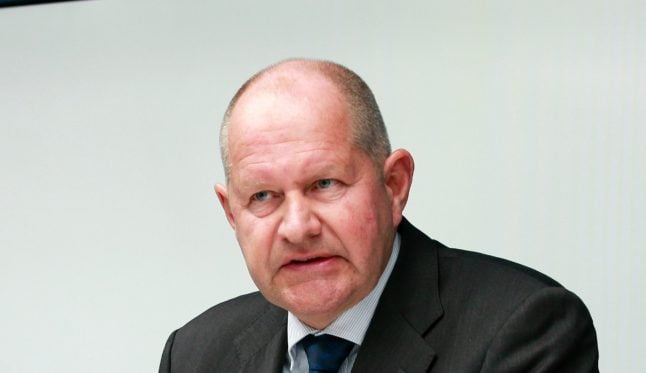Enda rimliga beslutet. Myndighetschefen med ansvar för nationell krisberedskap måste föregå med gott exempel och följa de rekommendationer som finns. https://t.co/8iHTHhffT9
— Annie Lööf (@annieloof) January 6, 2021
The leader of Sweden's crisis preparedness agency has offered his resignation after being accused of breaking coronavirus recommendations with a trip to the Canary Islands.

Enda rimliga beslutet. Myndighetschefen med ansvar för nationell krisberedskap måste föregå med gott exempel och följa de rekommendationer som finns. https://t.co/8iHTHhffT9
— Annie Lööf (@annieloof) January 6, 2021
Greetings from the UK. Because of close connections with people in a number of European countries, I subscribe to the Local for news and comment.
I live in the UK and similar kind of trips, within the UK, go against all restriction advice and have led to a number of senior advisors resigning. There are no excuses for such selfish and unjustified travel and go against common sense. In all countries, people have been making sacrifices over the Christmas and New Year period. My wife and I abandoned our plans to see my family over the festive period. One son would have travelled 120km to be with us and we chose not to meet up with the reast of the family, just 25 km away. To travel from Sweden to the Canary Islands is preposterous! Even though I sympathise with his sentiments, his decision to resign is correct.
Stay safe and well.